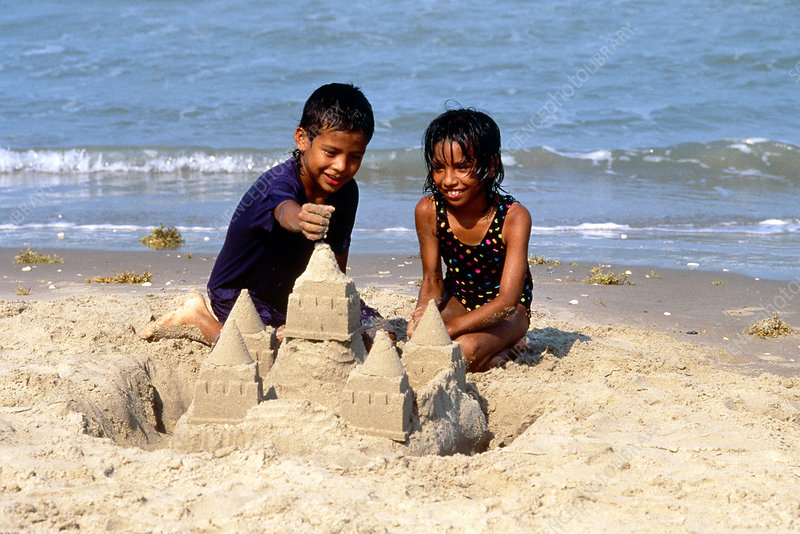Children may show signs of disorders such as depression, anxiety disorder, conduct disorder, attention deficit hyperactivity disorder in somewhat atypical ways. A lot of times however parents and guardians are oblivious to these signs or more preoccupied with the workings of daily living that these signs are either completely overlooked or just misunderstood.
 Image Credit: AHA
Image Credit: AHA
The foundation for a sound mental health is laid as early as the prenatal phase of conception (before pregnancy). Hence early experiences that affect the architecture of the developing brain also influence a child’s mental health through disruptions in the child’s capacity to process emotions, interact with self and others. These disruptions potentially have life-long implications necessitating early identification and management to avoid problems such as persistent failure in school, violence, substance use and abuse, poverty.

Image Credit: Sad Runner
Depression in a teenager for example may manifest as worsening school performance, decreased interest in activities once found pleasurable, major changes in sleeping habits, so check first before tagging that child as lazy! Due to different socio-developmental challenges facing teenagers such as peer pressure, low self esteem from changing bodies, acne, changing hormone levels they may also experience a high level of stress leading to self isolation, social isolation, and other problems.
Childhood mental health is also affected by a complex interplay between genetic predisposition and life’s experiences. Experiences such as family stress, poverty, recurrent abuse, parental neglect, parental mental health and substance abuse problems, immigration have been shown to make children more vulnerable to mental health problems. Some children can overcome the effects of these challenges with little consequences but more often, the residual effects persist till adulthood.
To be able to identify and proffer early interventions, it is first important to note that children are ‘children’ and not ‘little adults’. Overcoming these burdens require efforts from supporting adults and may require removal from causative toxic stressors or situations.
Mental health in young children cannot be handled in isolation, it should be managed within the context of their families, homes, and communities. In the earlier stages of development, the emotional and trust needs of a child are directly associated with the functioning of their caregivers, guardians, and families. Thus, reducing the stressors affecting children requires addressing the stresses on their families.
Better coordination of resources invested in mental health services for young children and their parents would also help by providing a more stable and efficient way to ensure access to effective prevention and treatment programs. The knowledge of factors that strengthen or disrupt emotional well-being in children would also help policymakers to provide the right nurturing environments and experiences needed to promote healthy mental state.

Dr Omowunmi H. Thanni is a physician with a medical degree from Olabisi Onabanjo University Ago-Iwoye (Mb.ChB. Ogun). She is an Infant and Childhood Mental Health enthusiast who is passionate about supporting children with mental health concerns.
She is also an Early Childcare practitioner with experience observing children dealing with grief, the various psychosocial presentations, and the impact on their families. She is also a Child and Family Volunteer who serves as a healthy support system for children and families who have experienced the loss of one or both parents to terminal illnesses.
She is devoted to debunking cultural myths surrounding childhood mental health and enlightening the community on proper prevention and intervention strategies.

